Get a complete strategy on how to score 160+ in NEET Chemistry, including study plans, revision tips, common mistakes to avoid, and best books for preparation.
Table of Contents
NEET Chemistry includes three parts: Inorganic, Organic, and Physical. These chemistry sections of NEET are high-scoring, and with a proper strategy, they can become one of the highest-scoring subjects. Since the chemistry section of the NEET exam has a 25% weightage, securing good marks guarantees passing the exam and achieving an excellent rank.
With the help of a proper study plan, revision, and good understanding of concepts, scoring 160+ in NEET Chemistry is possible. This article will help you score 160+ in NEET Chemistry, devise a study plan, and give the best resources to improve your Chemistry score and gain a higher NEET rank.
Study Plan to Score 160+ in NEET Chemistry
A student must fully grasp the NCERT syllabus of Chemistry while revising it regularly, in addition to practising frequently, to score 160+ in NEET Chemistry. The following step-by-step study plan can help students achieve the goal:
1. Divide the Syllabus by Category- The NEET Chemistry syllabus needs division into three distinct sections, including Physical Chemistry, Organic Chemistry, and Inorganic Chemistry. Set unique learning methods to study each part independently of one another. Devote more time to topics with high weightage, as well as those areas you need to strengthen.
2. Follow a Fixed Daily Schedule- You must study Chemistry every day for two to three hours in your scheduled routine. Devote your study sessions to theory studies, problem-solving exercises, and revision work until you finish the full NEET syllabus. You acquire sufficient time to prepare as well as practice.
3. Stick to NCERT Books First- The NEET exam for Chemistry depends primarily on the NCERT textbooks. Students must study every definition and reaction, and example directly from the NCERT. The majority of NEET Inorganic Chemistry questions derive directly from the NCERT textbook information.
4. Solve Practice Questions Regularly- Make it a practice to tackle no less than 100 MCQS derived from the current chapter right after its completion. You should spend your time on numerical problems for the Physical Chemistry examination.
5. Weekly Topic-Wise Targets- The weekly targets should include completing two chapters of Physical Chemistry, together with one challenging chapter of Organic Chemistry.
6. Revise Consistently- Set aside thirty to forty minutes daily to go through subjects you have already studied. Create notes with formula reference lists for revision purposes. Careful review of Inorganic Chemistry facts should happen at least once per week for proper knowledge retention.
7. Give Monthly Mock Tests- Take Chemistry mock tests twice every two weeks. Move to taking the NEET mock test for chemistry once a week when the exam is around the corner. Review your errors from each test by studying the weak areas.
8. Focus on Weak Areas- Focus more time on the Chemistry area that you find difficult among Physical, Organic, or Inorganic subjects. Do not avoid difficult chapters. Divide complex subjects into shorter parts and take time to study them well.
9. Follow a Timetable- Stay focused on your study plan and limit yourself to necessary tasks. Follow your schedule strictly. Use reference resources only when they help you solve unique issues you find in your studies. Only focus on the most relevant NEET study material.
10. Get Your Doubts Cleared- You can resolve your questions using guidebooks and teachers, or online resources. Having problems in conceptual understanding will take marks away from you.
Also Read: Chemistry Important Questions Chapter-wise for NEET 2025
Important Topics to Score 160+ in NEET Chemistry
If you want to know how to score 160+ in NEET Chemistry, you should cover high-weightage and commonly asked topics. Chapters should be given equal importance, but certainly, smart preparation involves identifying which chapters will yield you greater marks.
Numerical questions appear often from Physical Chemistry, such as Electrochemistry, Chemical Kinetics, and Thermodynamics. Commonly seen questions in the NEET exam are from the Periodic Table, Coordination Compounds, and p-Block Elements in Inorganic Chemistry. By doing so, you will get to devote more time to these high-yield topics that will help you in getting a very good Chemistry score.
The following table gives a list of the important topics in NEET Chemistry section.
| Chapters/Topics | Weightage (%) |
| Organic Chemistry: Some Basic Principles and Techniques | 5% |
| Alcohols, Phenols and Ethers | 4% |
| Redox Reactions | 3% |
| Structure of Atom | 4% |
| Thermodynamics | 5% |
| Electrochemistry | 5% |
| Hydrocarbons | 7% |
| The p-Block Elements (XII) | 6% |
| The p-Block Elements | 6% |
| Chemical Bonding and Molecular Structure | 7% |
| Classification of Elements and Periodicity in Properties | 2% |
| Equilibrium | 6% |
| Chemical Kinetics | 5% |
| Biomolecules | 4% |
| Haloalkanes and Haloarenes | 4% |
| Solutions | 4% |
| Some Basic Concepts of Chemistry | 4% |
| Coordination Compounds | 5% |
| Aldehydes, Ketones and Carboxylic Acids | 9% |
| Amines | 5% |
| The d and f-Block Elements | 6% |
Also Read: Most Important Chapters for NEET Chemistry 2025 - Chapter-wise Weightage & Key Topics
Best Books to Score 160+ in NEET Chemistry
Choosing the correct NEET books is very important for strong preparation. You can find the bulk of the NEET questions from the NCERT books for Class 11 and 12 for Organic as well as Inorganic chemistry, because a majority of the questions will target them.
There are additional books for a deeper understanding of theory and MCQS similar in level to those asked in the NEET. The following table gives you the most recommended books which you can use to score 160+ in NEET Chemistry.
| Chemistry Books for NEET exam | Authors |
| Physical Chemistry | OP Tandon |
| ABC of Chemistry | Modern |
| Concise Inorganic Chemistry | JD Lee |
| Chemistry textbooks | NCERT |
| Dinesh Chemistry Guide | Dinesh |
| Organic Chemistry | Morrison and Boyd |
| Modern Approach to Chemical Calculations | R C Mukherjee |
| Elementary Problems in Organic Chemistry | M S Chauhan |
| Practise books | V K Jaiswal (Inorganic), M S Chauhan (Organic) and N Awasthi (Physical) |
Also Read: NEET Chemistry Chapter Wise Weightage 2025 - Download PDF
How to Revise NEET Chemistry Effectively?
Revision is necessary for Chemistry NEET preparation. If you do not revise, you will tend to forget formulas, reactions, and concepts. A very easy and basic way of doing it is listed here on how you can revise NEET chemistry very easily.
1. Revise NCERT Thoroughly- The NCERT Chemistry books of class 11 and class 12 should be read through several times. Most of the NEET questions, particularly from Inorganic and Organic Chemistry, are directly from the NCERT books.
2. Divide Topics by Subject- It is advisable to divide your revision into Physical, Organic and Inorganic Chemistry. Split the section into different parts and revise each section separately to work with what type of questions you should answer and what type of strategies are required.
3. Use Your Own Notes- While studying, prepare short notes, flashcards and summary charts, and revise using those. They are quicker and easier to go through before the exam.
4. Solve MCQ questions- Once you have revised a chapter, try to solve 40–50 multiple-choice questions to test out your knowledge. For this, use the NEET previous year question papers as well as question banks.
5. Mark and Revisit Weak Questions- Highlight the questions which you got wrong or are tricky, and revise those with your notes later. It avoids repetition in the exam of the same mistakes.
6. Revise Formulas and Reactions Daily- Write formulas and named reactions in another sheet. You should spend 15 to 20 minutes every day reworking them to keep them in your mind.
7. Take Weekly Mock Tests- Practice a full Chemistry mock test once a week in Chemistry and revise it fully in the next week. This means you can build speed, build recall accuracy, and learning how to manage time.
8. Keep Time for Revision- In the last 10 days, don’t study anything new. Pay attention only to revision and practice papers. Trust what you have already learned and shoot for accuracy.
Also Read: NEET Chemistry Question Paper 2023, 2022, 2021 - Download PDF
Common Mistakes to Avoid in NEET Chemistry Preparation
Most of the NEET aspirants who fumble in Chemistry exams do not have mastery over it, and they fail to score marks because of common preparation mistakes. Minimising these errors will allow you to receive a better result and will save you valuable time for the exam. These are the most common mistakes and how to avoid them to score 160+ in NEET Chemistry:
1. Ignoring the NCERT Textbook- The NCERT is ignored by many students since they give more importance to coaching material and reference books. The NCERT is the most important book for NEET Chemistry, especially for Inorganic and Organic Chemistry.
2. Skipping Regular Revisions- Chemistry is made of facts, reactions, and formulas, which must be constantly revised. If a student doesn’t revise previously studied chapters regularly, he tends to forget them. Create a revision schedule and do it every week.
3. Not Practising Enough MCQS- Many students do not practice the right number of MCQS. Solve on average 100 questions for each chapter and analyse mistakes for each test.
4. Neglecting Physical Chemistry Numericals- For Physical Chemistry, the need is for problem solving at speed and accuracy. In this case, ignoring numbers and reading formulas without solving any problem will be wrong. Get into the habit of solving numerical problems to avoid low accuracy and gain confidence in solving them.
5. Overcomplicating Organic Chemistry- Organic Chemistry is one of the subjects which students try to learn all mechanisms or to memorise everything. Instead, try to concentrate on reaction patterns, basic concepts and NCERT-based questions.
6. Not Giving Enough Time to Weak Areas- Most of the students only revised topics already comfortable with. This results in not paying attention to the weak areas. Find out your weak topics early and spend more time with those topics during your study plan.
7. Only Following Coaching Notes- Even though coaching notes are good, always compare difficult topics with the NCERT books and also make short notes.
8. Using Guessing Without Elimination in Practice Tests- In mock tests, students often guess the answers without applying the elimination method. It’s a bad habit which shall lead to negative marking. Practice logical thinking, even when under the pressure of time.
9. Not Analysing Mistakes in Mock Tests- Mock tests are useful only if we examine the mistakes. Rather, most students get by simply checking scores and moving on. The only way to avoid repeating the error is to always review the questions answered incorrectly.
10. Last-Minute Cramming- It creates stress and confusion as a student rushes to learn new chapters or goes back and tries to know everything just before the exam. Don’t learn anything new in the last week; stick to your revision plan.
Also Read: NEET Surface Chemistry Important Questions PDF FREE Download
Exam Day Strategy to Score 160+ in NEET Chemistry
An effective test day plan can turn practice into excellent test results. Many students consider Chemistry as the highest-scoring aspect of NEET. Here's an exam day strategy on how to score 160+ in NEET Chemistry.
1. Attempt Chemistry First or Second- Students achieving top scores in Chemistry should start with this topic on the exam to gain confidence early. If you have a weaker subject than Biology, consider making Chemistry your second attempt. Doing Chemistry at the end will create a hurry that leads to errors.
2. Start with Easy Questions- First, tackle all simple Chemistry questions from the Inorganic and simple Organic Chemistry areas in the exam. Most questions come directly from facts in the NCERT textbook and can be answered in less than half a minute.
3. Manage Time Well- Devote 40 to 45 minutes to complete the Chemistry segment. Devote no longer than one minute per problem during initial testing. Move on to different tasks when something does not come easily to you.
4. Mark Questions for Review Smartly- When you only have two clear options but cannot pick one, mark the question for your review. During the last few minutes of testing, you may return to these questions depending on the remaining time.
5. Avoid Silly Mistakes- Stay Away from Small Errors in Your Physical Chemistry Work. Double-check calculations in numerical questions.
6. Refer to NCERT keywords while studying Inorganic Chemistry- Rephrase your answers using NCERT terminology when you solve direct information questions. The method prevents students from picking the wrong options that look similar to others.
7. Skip Unfamiliar Questions- Discard any question that appears difficult to understand or completely unknown to you. Taking a scientific guess will do less harm than giving no response.
8. Use the Elimination Technique for MCQS- Use the elimination method to guess when you are uncertain about the correct response. Getting rid of wrong choices usually reveals the right solution to you.
9. Keep Calm and Focused- Do not lose your focus when you cannot answer several questions right away. Keep your concentration steady after facing a challenging question.
10. Revise before Submitting- Take the chance to check your marked responses when you have extra time left. Utilise the final minutes by revising all exam questions you selected for review.
Also Read: NEET Exam Day Instructions 2025: Guidelines, Things to Carry









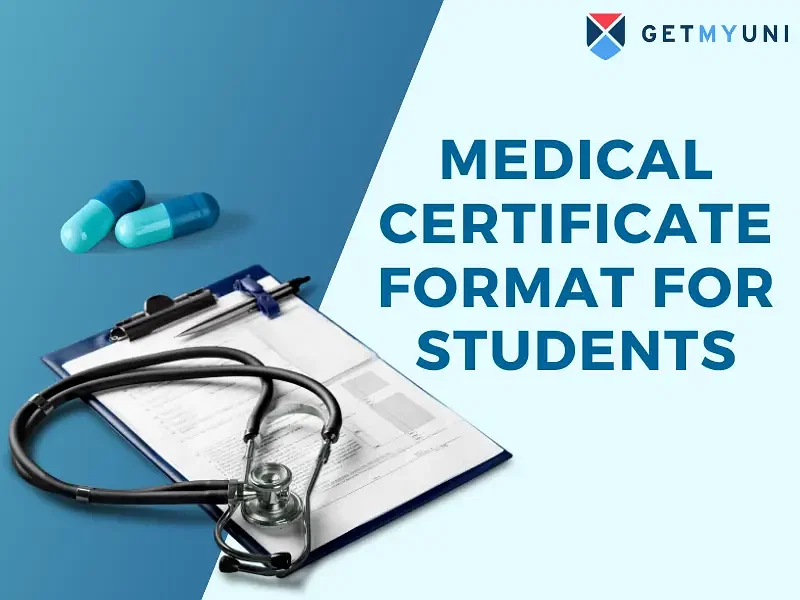


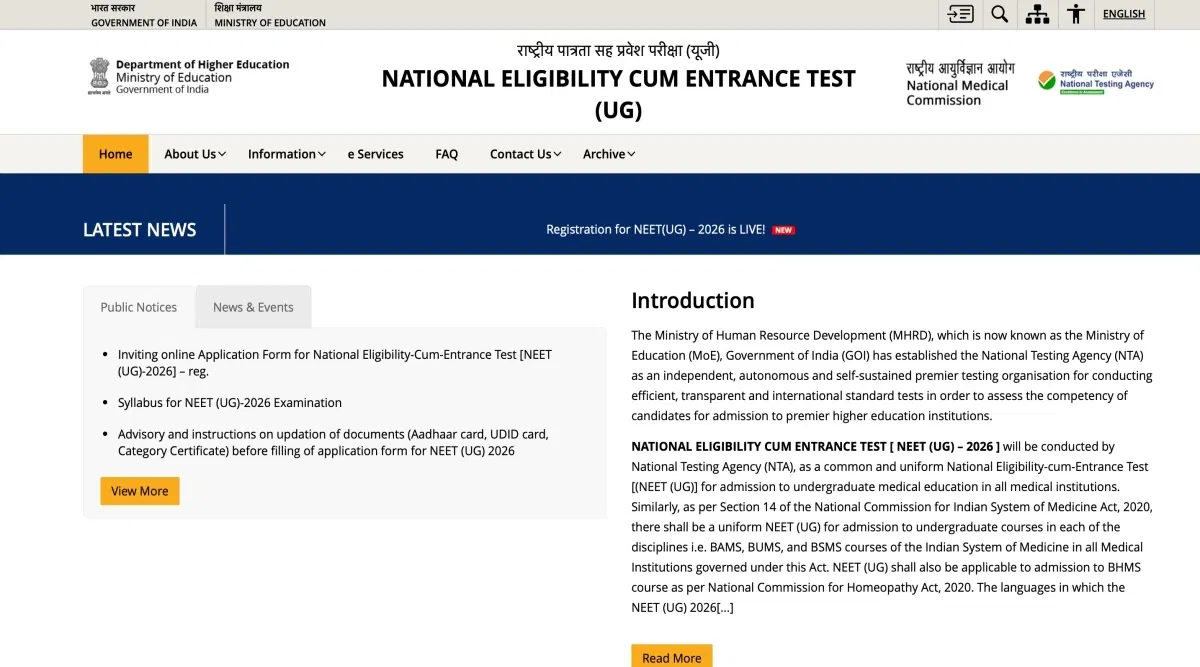

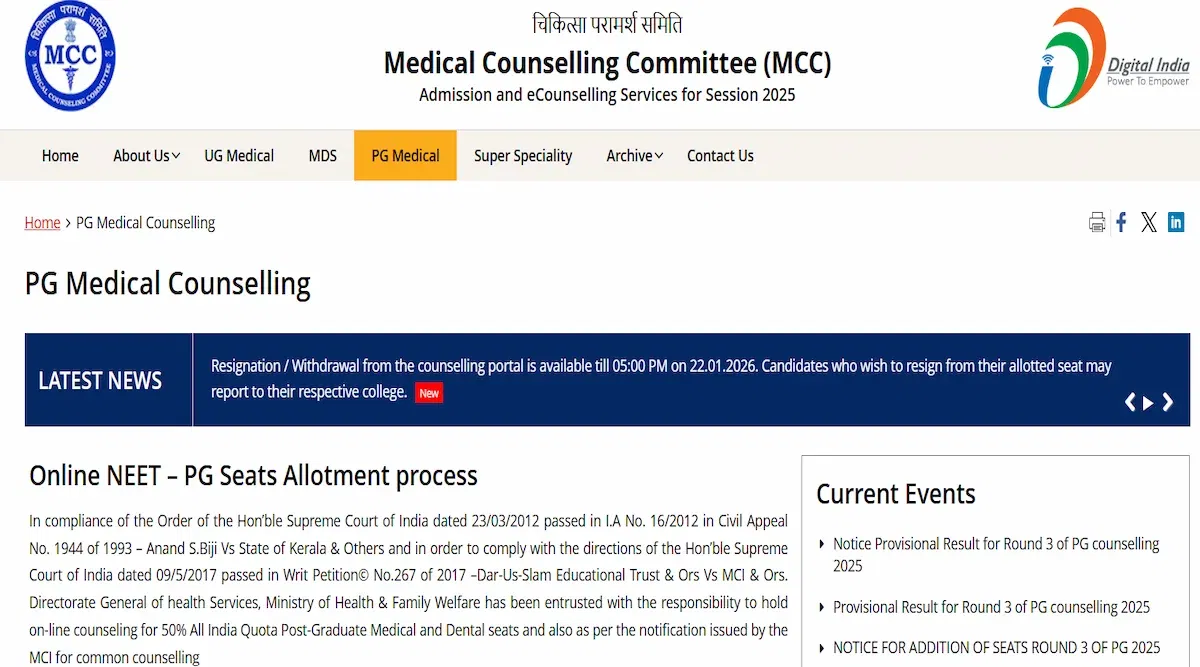
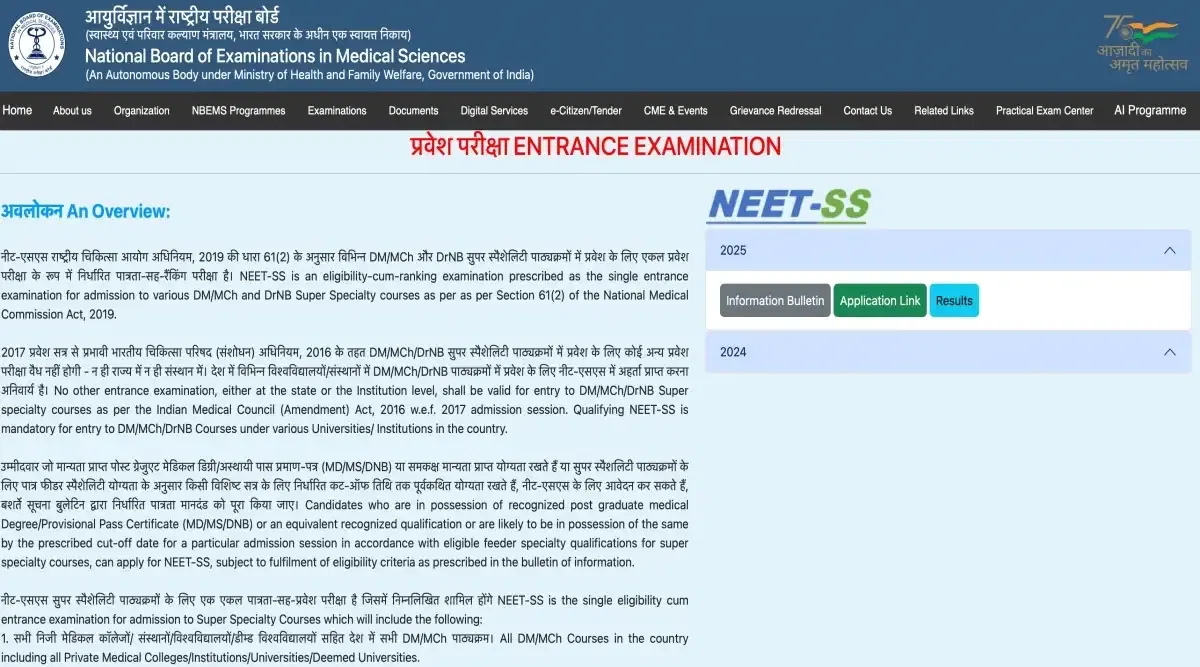

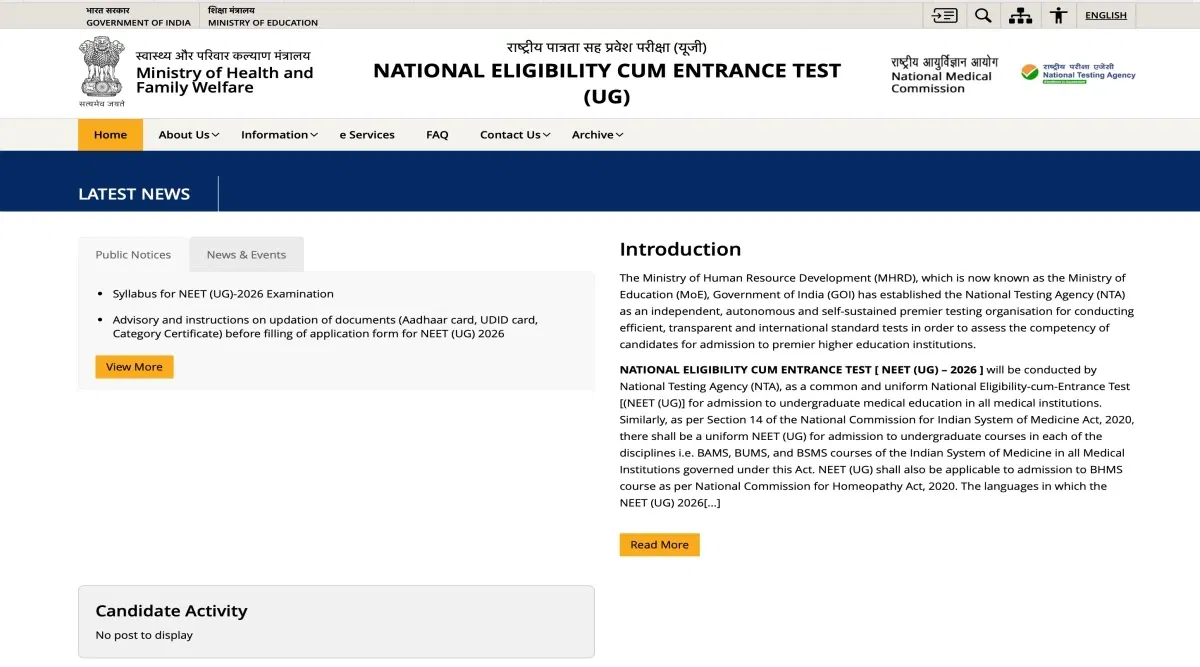


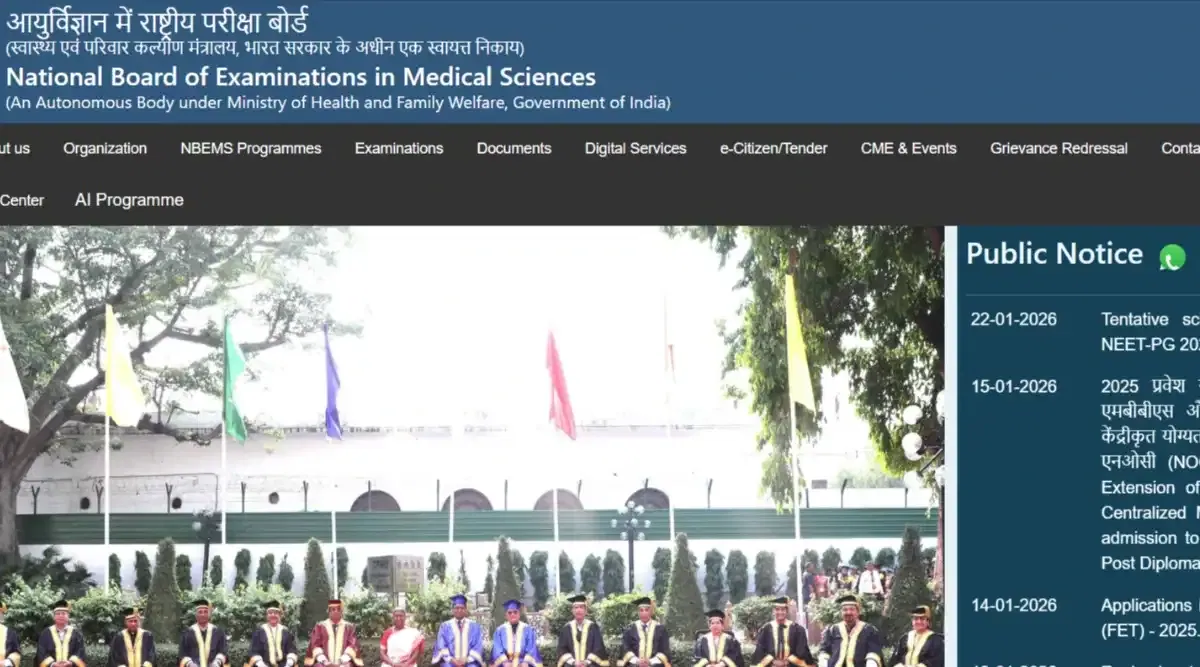
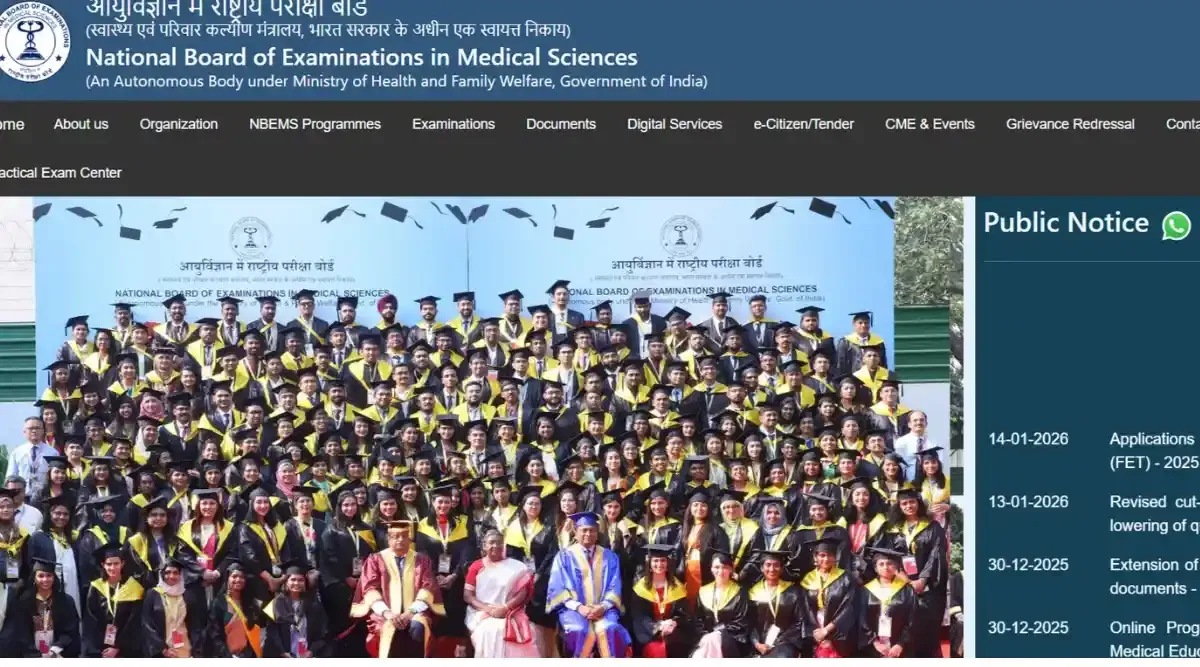

POST YOUR COMMENT